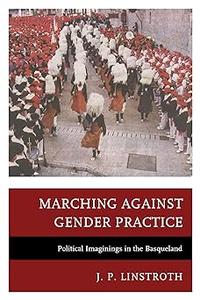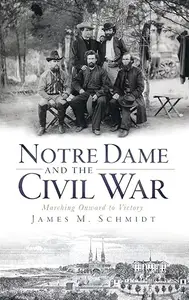 Free Download J. P. Linstroth, "Marching against Gender Practice: Political Imaginings in the Basqueland"
Free Download J. P. Linstroth, "Marching against Gender Practice: Political Imaginings in the Basqueland"
English | ISBN: 0739125214 | 2015 | 318 pages | EPUB | 2 MB
Marching against Gender Practice: Political Imaginings in the Basqueland begins with the question: why is it so problematic for the majority of people in the Basque town of Hondarribia to accept the broader participation of women in their annual military march known as the Alarde? To explain this dispute, this study examines local history as well as the history of this unique parade, but most importantly considers how gender practices were and are organized. The controversy to extend female involvement in the Alarde resulted in two positions between betikoak traditionalists, (Betiko Alardearen Aldekoak, "Always the Town’s Alarde"), and local "feminists" (emakumealdekoak or Emakumeak Juana Mugarrietakoa, the Women of Mugarrietakoa, WJM), the former group wishing to preserve the ritual and the latter wanting to change it. These are not simply dichotomous stances but represent multiple levels of local identity through differing concepts of gender, history, and social experience. It will be shown throughout the Alarde’s long history (1639-present) that it represents several periods of militarism from the town’s defense in 1638 against French forces, Napoleonic resistance (1808-1813) to the Carlist Wars (1833-1840 and 1872-1876). The Alarde began as a religious procession and gradually incorporated more and more secular elements. In essence, by the end of the nineteenth century and beginning of the twentieth century, the Alarde became one of many "Basque celebrations" (Euskal jaiak), tying it to Basque nationalism.
(more…)



